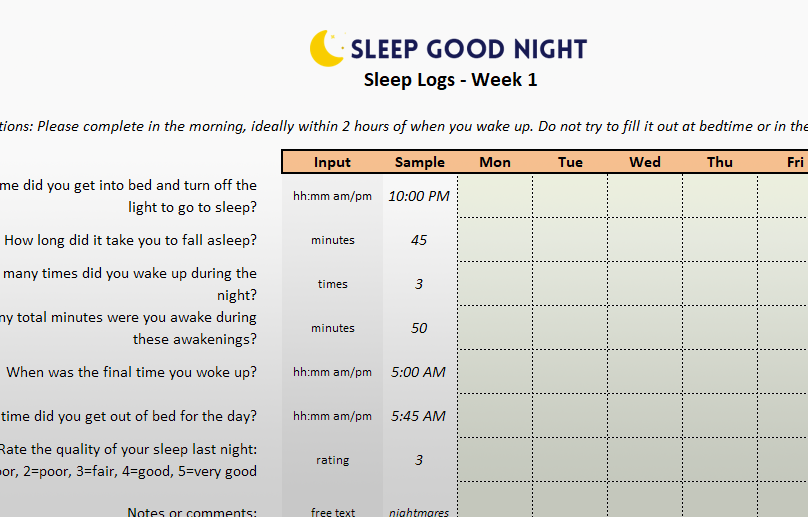Protecting Your Sleep During a Pandemic
As the dozens of emails in our inbox from every single company we’ve ever interacted with keep reminding us, these are unprecedented/uncertain/trying times. Seriously though, we are living through a global pandemic – an enduring worldwide crisis and natural disaster – and everything about what normal life used to look like has been upended. We’re …






